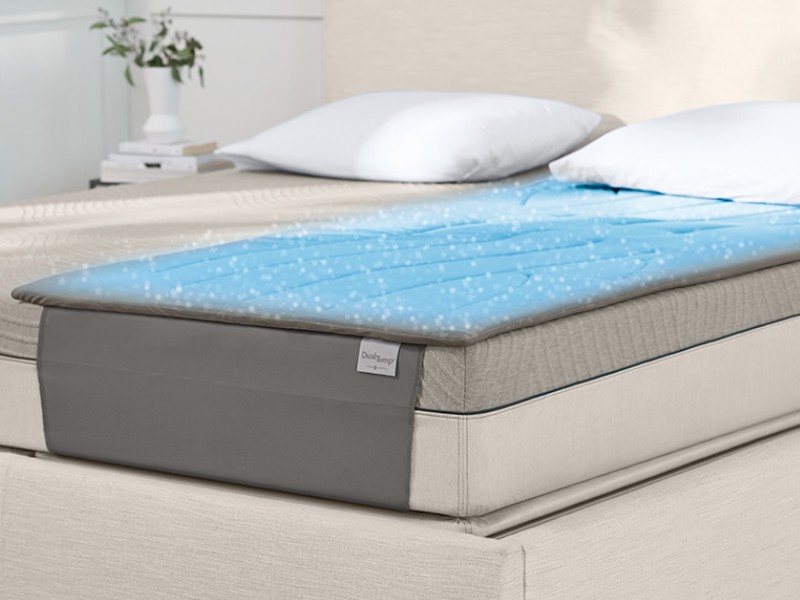Latex Allergy: Symptoms, Causes, Diagnosis, and Treatment
If you've ever experienced an itchy rash or hives after sleeping on a latex mattress, you may be wondering if you are allergic to it. Latex allergies are not uncommon, and they can cause a range of symptoms from mild to severe. In this article, we will discuss the symptoms, causes, diagnosis, and treatment of a latex allergy, so you can better understand the condition and how to manage it.
Latex Allergy: Causes, Symptoms, and Diagnosis
A latex allergy is a reaction to the proteins found in natural rubber latex, which is commonly used in mattresses and other household products. The allergy is caused by an overreaction of the immune system to these proteins, which can result in a range of symptoms depending on the severity of the allergy.
Some of the most common symptoms of a latex allergy include itching, hives, rash, and difficulty breathing. In more severe cases, anaphylaxis, a life-threatening allergic reaction, can occur. If you experience any of these symptoms after coming into contact with latex, it's important to see a doctor for proper diagnosis and treatment.
Can You Be Allergic to Your Mattress?
Yes, it is possible to be allergic to your latex mattress. As mentioned earlier, latex is made from natural rubber, which contains proteins that can trigger an allergic reaction in some people. However, it's worth noting that not all latex mattresses are made equal. Some are made from synthetic latex, which may not cause an allergic reaction. If you suspect you are allergic to your mattress, it's best to consult with an allergist to determine the cause of your symptoms.
Latex Allergy: What You Need to Know
If you have a latex allergy, it's important to know that it can be triggered by various sources. In addition to latex mattresses, latex can also be found in other household items such as gloves, balloons, and elastic bands. It's essential to be aware of these sources and avoid them if you have a latex allergy.
Furthermore, it's crucial to understand that latex allergies can develop at any time, even if you have never had a reaction before. This means that even if you have slept on a latex mattress for years without any issues, you could still develop an allergy to it in the future.
Latex Allergy: Causes, Symptoms, and Treatment
As mentioned earlier, a latex allergy is caused by an overreaction of the immune system to the proteins found in natural rubber latex. It is not fully understood why some people develop this allergy while others do not. However, it is believed that repeated exposure to latex can increase the risk of developing an allergy.
If you have a latex allergy, the best treatment is to avoid coming into contact with latex. This may mean switching to a non-latex mattress or using protective covers on your mattress and pillows. In severe cases, your doctor may prescribe antihistamines or epinephrine for emergency use in case of anaphylaxis.
Can You Be Allergic to Your Bed?
Yes, you can be allergic to your bed, but it's not necessarily the bed itself that is causing the allergy. As mentioned earlier, latex allergies can be triggered by various sources, and your bed may contain multiple latex products, such as the mattress, pillows, and covers. It's essential to identify the specific source of your allergy and take the necessary precautions to avoid it.
Latex Allergy: Symptoms, Causes, and Treatment
If you suspect you have a latex allergy, it's crucial to seek medical advice to properly diagnose and manage the condition. Your doctor may perform a skin prick test or a blood test to determine if you have a latex allergy. They will also be able to provide you with personalized treatment options based on the severity of your allergy.
Can You Be Allergic to Your Pillow?
Similar to mattresses, pillows can also be a source of latex allergy if they are made from natural rubber latex. However, it's worth noting that not all pillows contain latex, and there are hypoallergenic options available for those with allergies. If you suspect your pillow is causing your symptoms, it's best to switch to a non-latex alternative.
Latex Allergy: Symptoms, Causes, and Diagnosis
The symptoms of a latex allergy can vary from person to person, but they typically involve skin irritation, respiratory issues, and in severe cases, anaphylaxis. If you experience any of these symptoms after coming into contact with latex, it's essential to see a doctor for proper diagnosis and treatment.
In addition to a physical examination and medical history, your doctor may also perform skin or blood tests to determine if you have a latex allergy. These tests can help identify the specific proteins that trigger your allergic reaction, allowing you to take necessary precautions to avoid them.
Can You Be Allergic to Your Mattress Cover?
While it is possible to be allergic to your mattress cover, it's more likely that the cover is made from a material that contains latex. In this case, it's best to switch to a non-latex cover or use a protective cover on top of your current one. It's also essential to wash your mattress cover regularly to prevent the buildup of allergens that can trigger your symptoms.
Can I be Allergic to My Latex Mattress?

The Rise in Latex Mattress Popularity
 Over the years, latex mattresses have become increasingly popular due to their numerous benefits. These mattresses are known for their durability, comfort, and support. They are also naturally hypoallergenic and resistant to dust mites, making them a popular choice for those with allergies. However, despite their many advantages, some people may still experience allergies when using a latex mattress. So, can you really be allergic to your latex mattress?
Over the years, latex mattresses have become increasingly popular due to their numerous benefits. These mattresses are known for their durability, comfort, and support. They are also naturally hypoallergenic and resistant to dust mites, making them a popular choice for those with allergies. However, despite their many advantages, some people may still experience allergies when using a latex mattress. So, can you really be allergic to your latex mattress?
The Causes of Latex Allergy
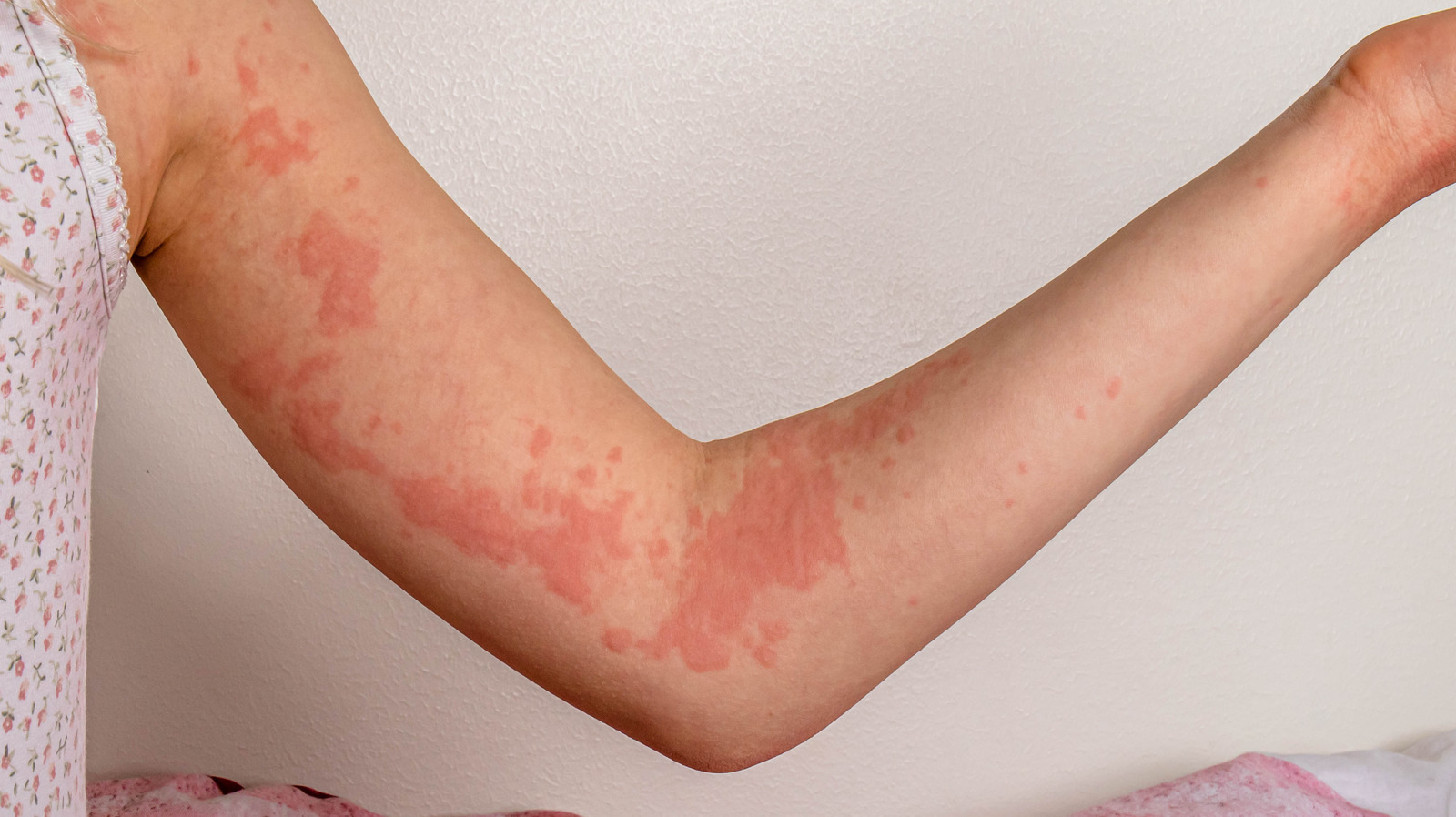 Latex allergies are relatively uncommon, with only about 1% of the general population being affected. These allergies are caused by a reaction to the proteins found in natural rubber latex, which is used to make latex mattresses. These proteins can trigger an allergic reaction in some individuals, leading to symptoms such as skin irritation, congestion, and difficulty breathing.
Latex allergies are relatively uncommon, with only about 1% of the general population being affected. These allergies are caused by a reaction to the proteins found in natural rubber latex, which is used to make latex mattresses. These proteins can trigger an allergic reaction in some individuals, leading to symptoms such as skin irritation, congestion, and difficulty breathing.
The Role of Synthetic Latex
 Many latex mattresses on the market today are made from a blend of natural and synthetic latex. Synthetic latex is created by combining chemicals and may not contain the same proteins found in natural latex. As a result, some individuals who are allergic to natural latex may not experience the same reactions when sleeping on a mattress made from synthetic latex.
Many latex mattresses on the market today are made from a blend of natural and synthetic latex. Synthetic latex is created by combining chemicals and may not contain the same proteins found in natural latex. As a result, some individuals who are allergic to natural latex may not experience the same reactions when sleeping on a mattress made from synthetic latex.
How to Know if You're Allergic to Your Latex Mattress
 If you suspect that you may be allergic to your latex mattress, it is important to seek a proper diagnosis from a medical professional. They can perform a skin prick test or a blood test to determine if you have a latex allergy. If you do have an allergy, it is best to avoid latex mattresses altogether and opt for a different type of mattress.
If you suspect that you may be allergic to your latex mattress, it is important to seek a proper diagnosis from a medical professional. They can perform a skin prick test or a blood test to determine if you have a latex allergy. If you do have an allergy, it is best to avoid latex mattresses altogether and opt for a different type of mattress.
Other Factors to Consider
 In some cases, individuals may experience symptoms of allergies or irritation when using a latex mattress, but this may not necessarily be due to a latex allergy. Other factors, such as the chemicals used in the manufacturing process or the presence of dust mites, can also cause similar reactions. It is important to properly clean and maintain your mattress to prevent these issues.
In some cases, individuals may experience symptoms of allergies or irritation when using a latex mattress, but this may not necessarily be due to a latex allergy. Other factors, such as the chemicals used in the manufacturing process or the presence of dust mites, can also cause similar reactions. It is important to properly clean and maintain your mattress to prevent these issues.
In Conclusion
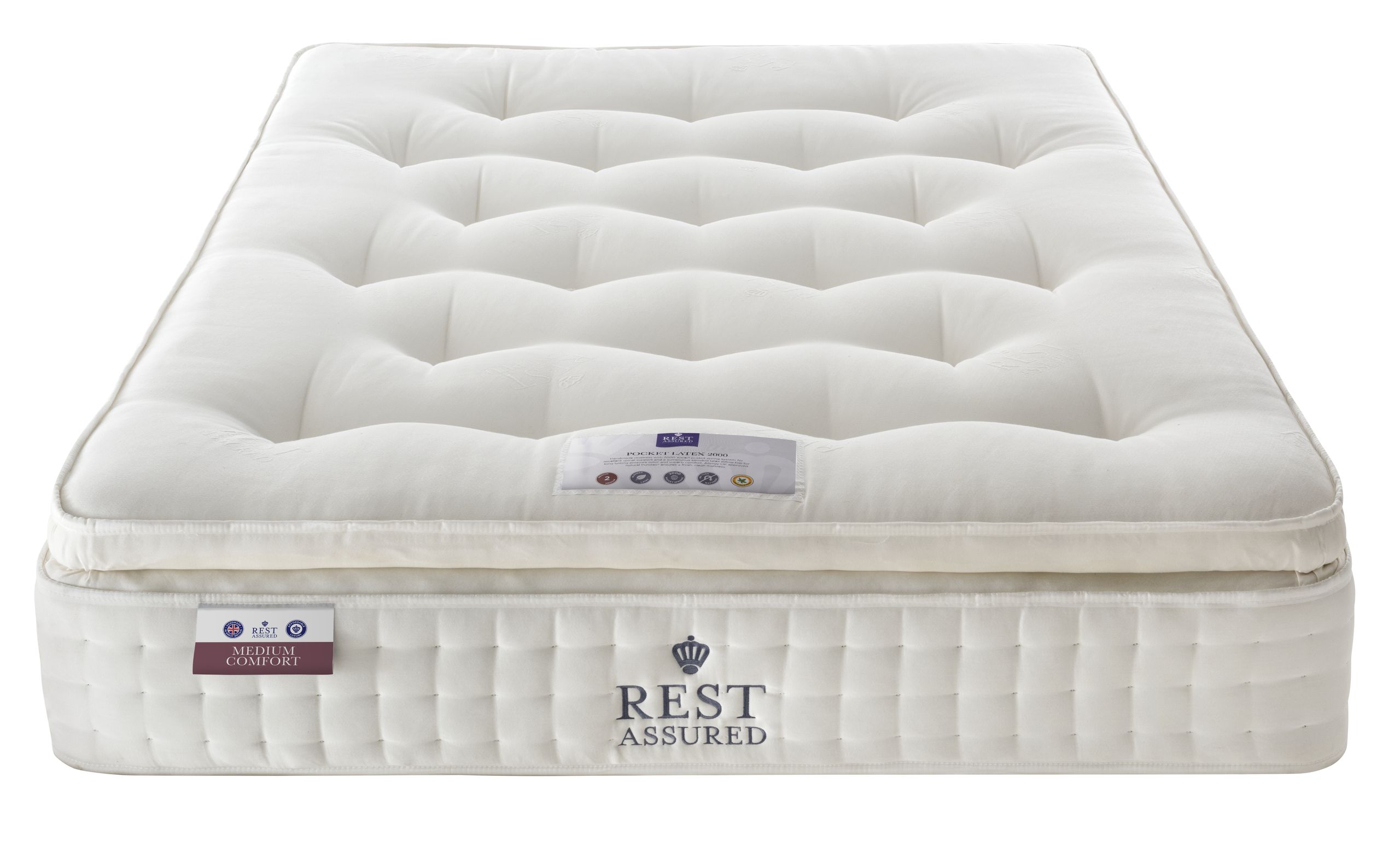 While latex mattresses are generally considered hypoallergenic, it is possible for individuals to be allergic to the proteins found in natural latex. If you suspect that you may have a latex allergy, it is best to seek a proper diagnosis and avoid using latex mattresses. If you do not have an allergy, a latex mattress can provide numerous benefits and make for a comfortable and supportive sleeping experience.
While latex mattresses are generally considered hypoallergenic, it is possible for individuals to be allergic to the proteins found in natural latex. If you suspect that you may have a latex allergy, it is best to seek a proper diagnosis and avoid using latex mattresses. If you do not have an allergy, a latex mattress can provide numerous benefits and make for a comfortable and supportive sleeping experience.

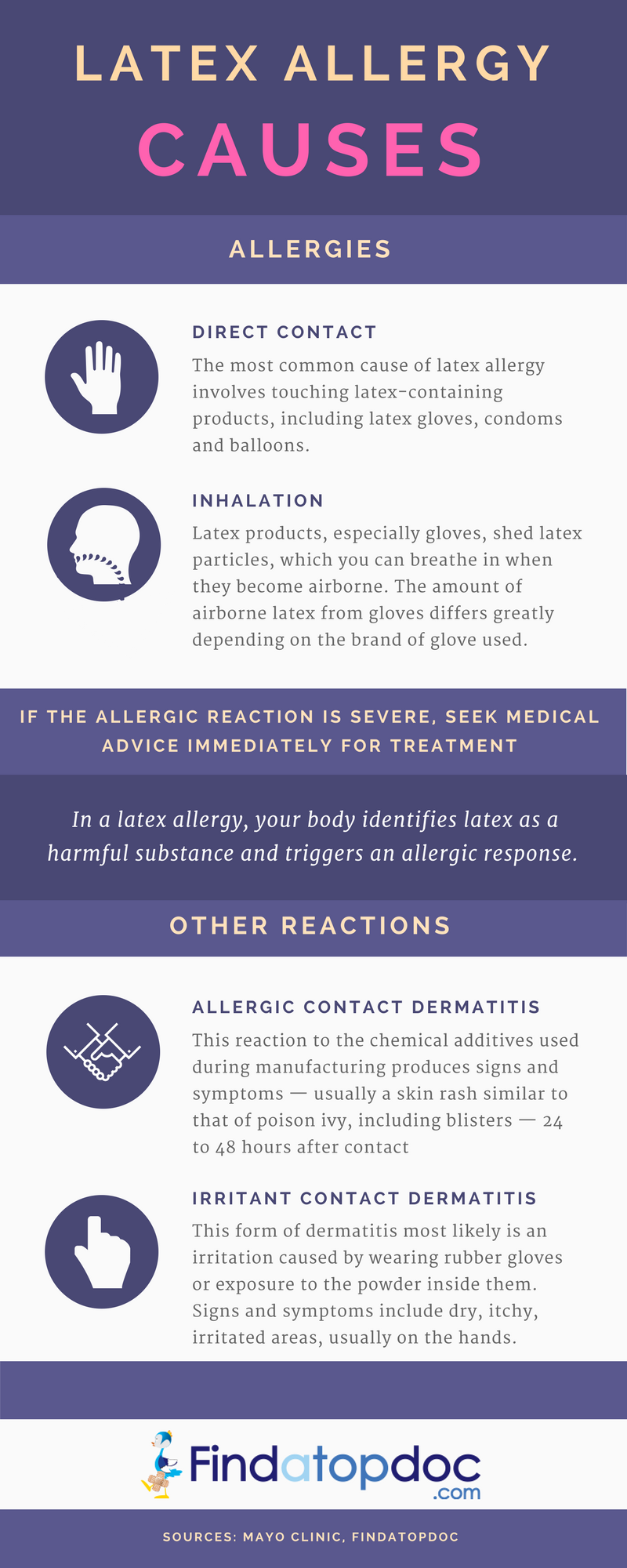

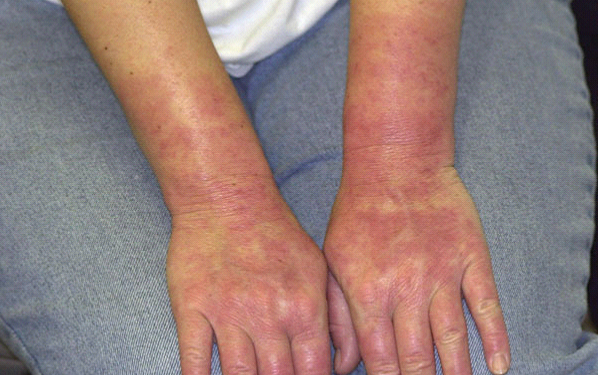



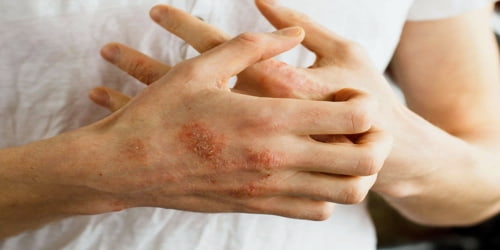
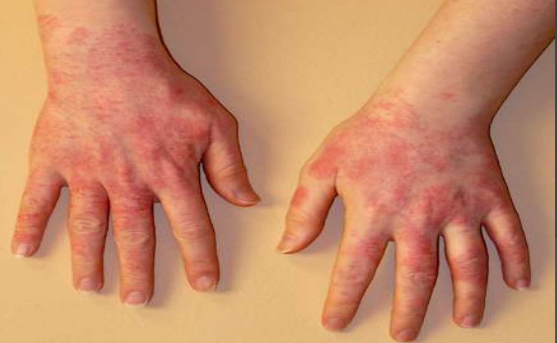

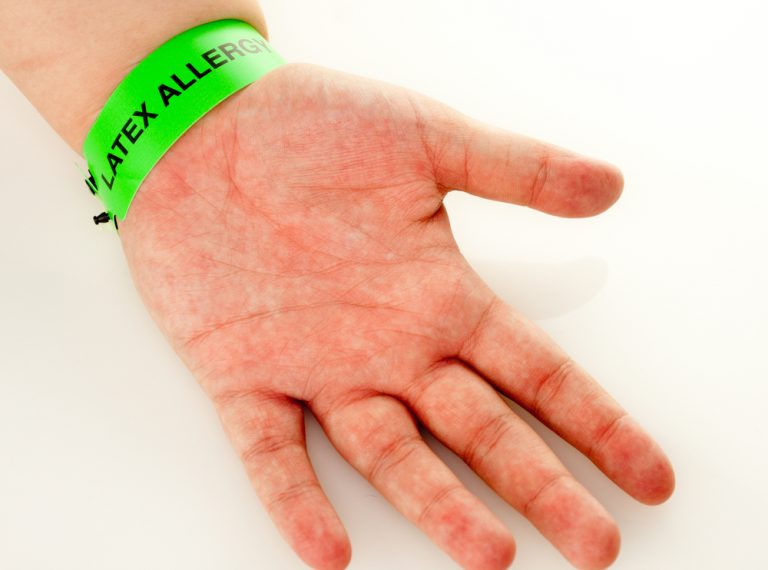




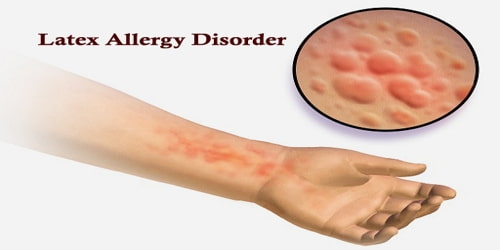
:max_bytes(150000):strip_icc()/Health-Allergies-treatment-symptoms-horiz-edit-4-c786d70d651e4d4db0ee900da50ba471.jpg)
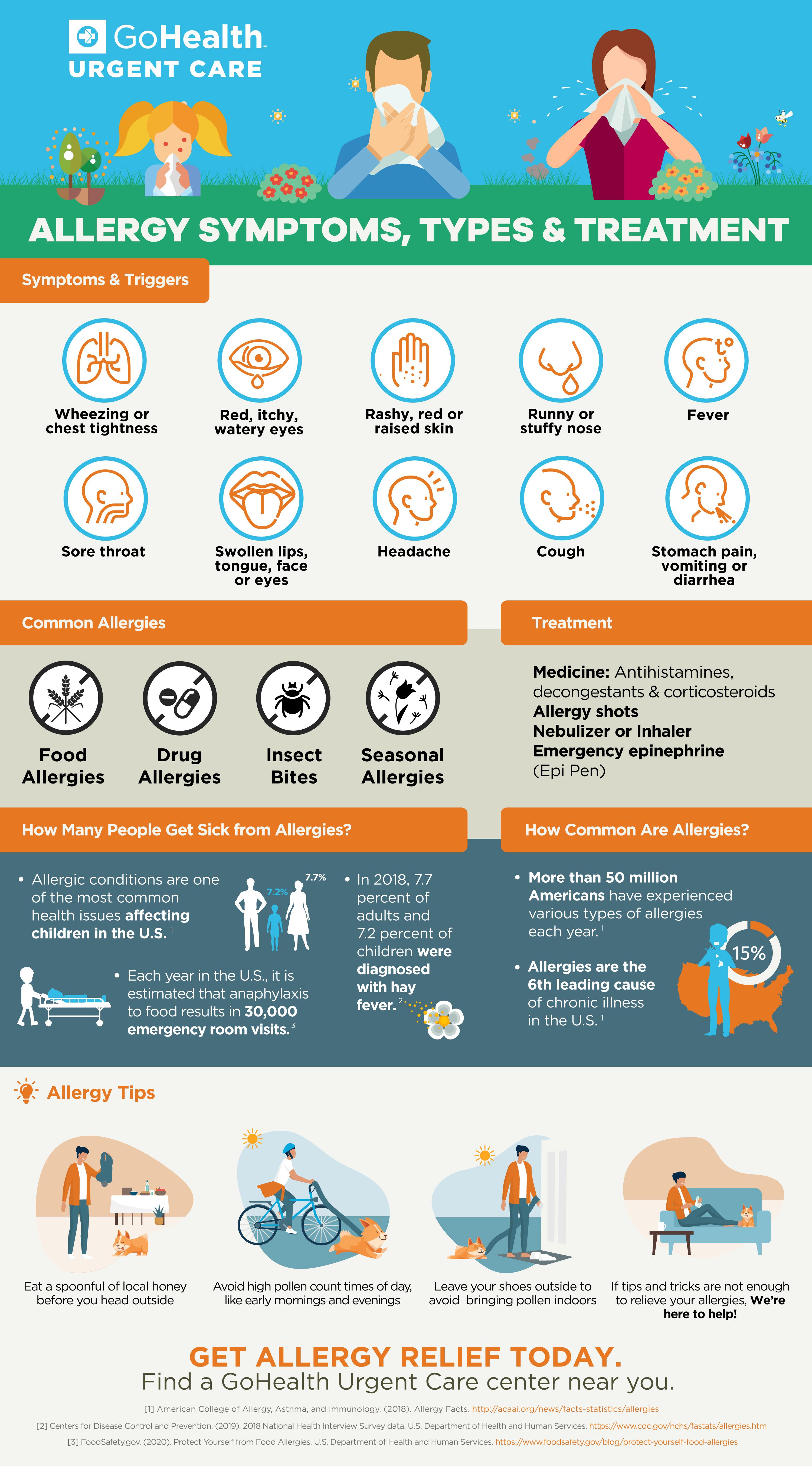
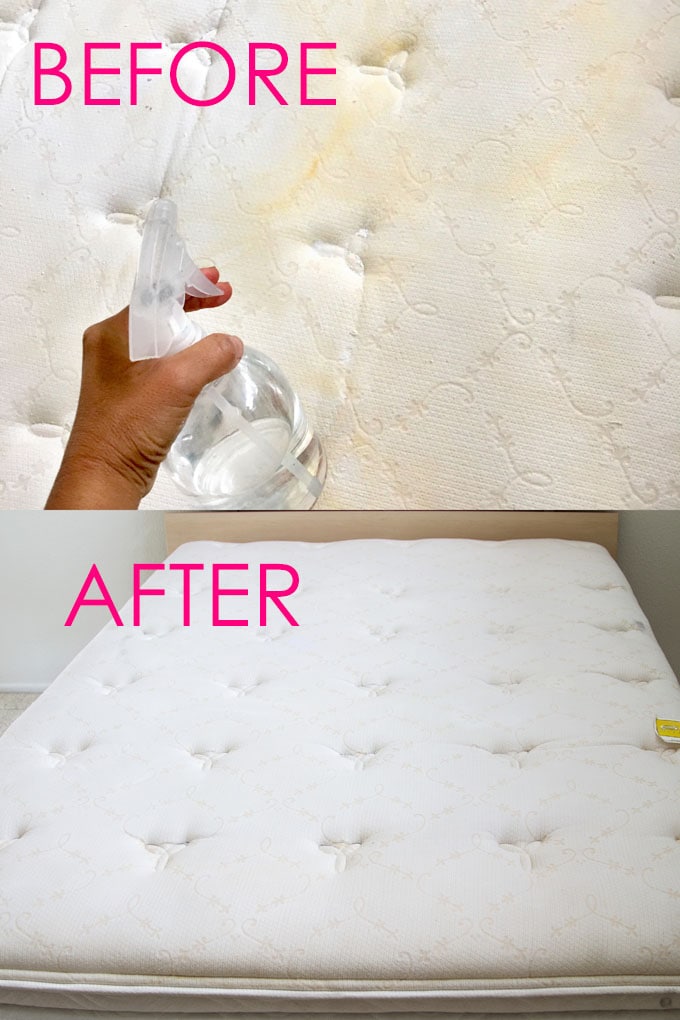

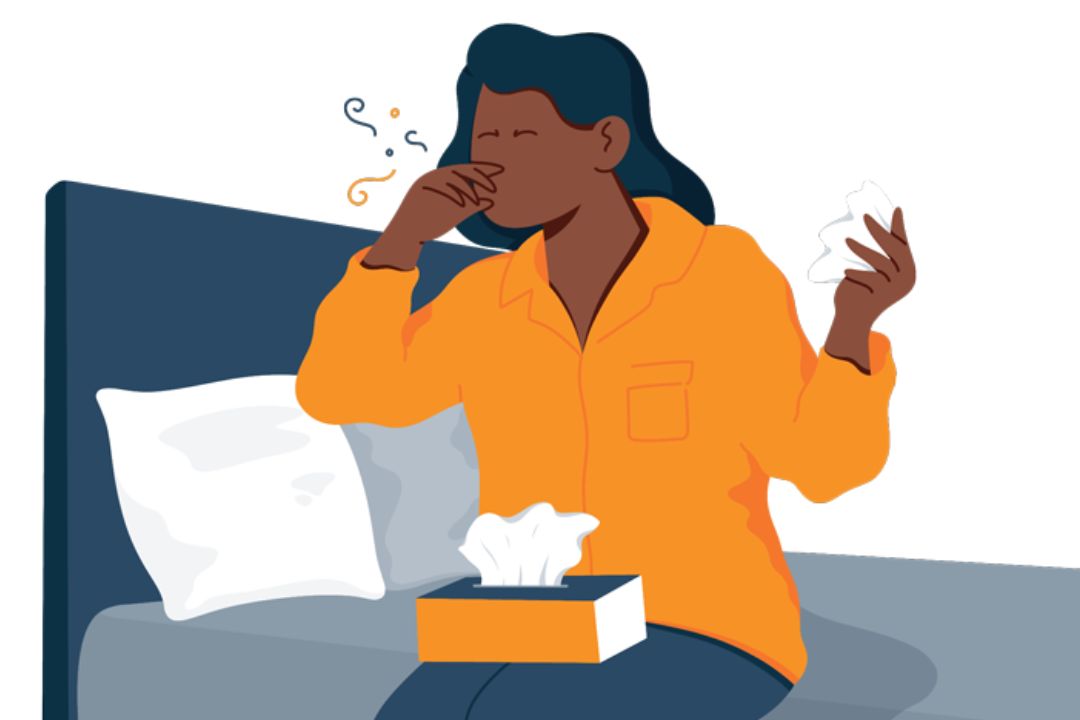
:strip_icc()/controlling-cat-allergies-553869_V1-25c566bdc67342ceadfb85a8326e8976.jpg)

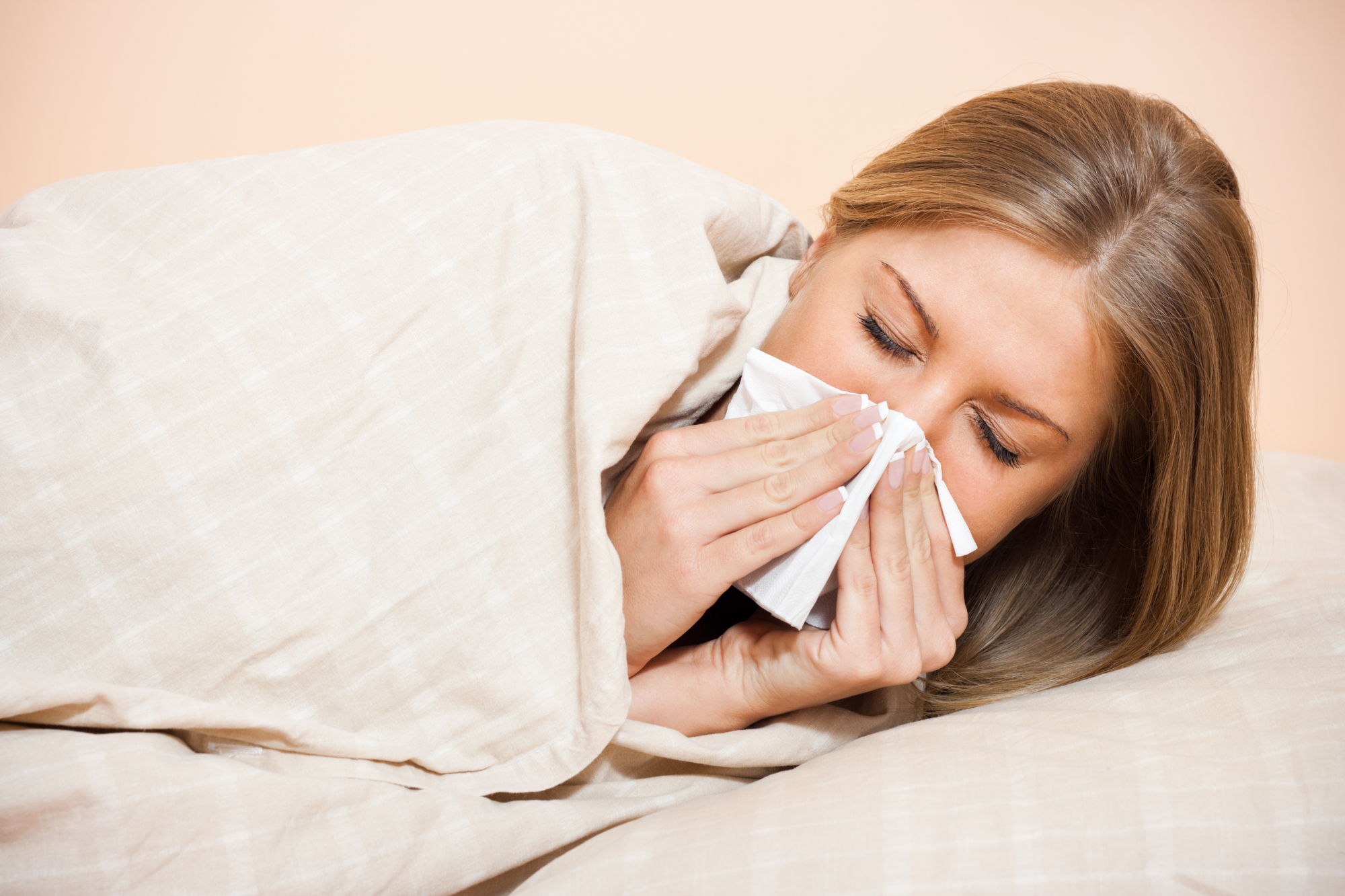






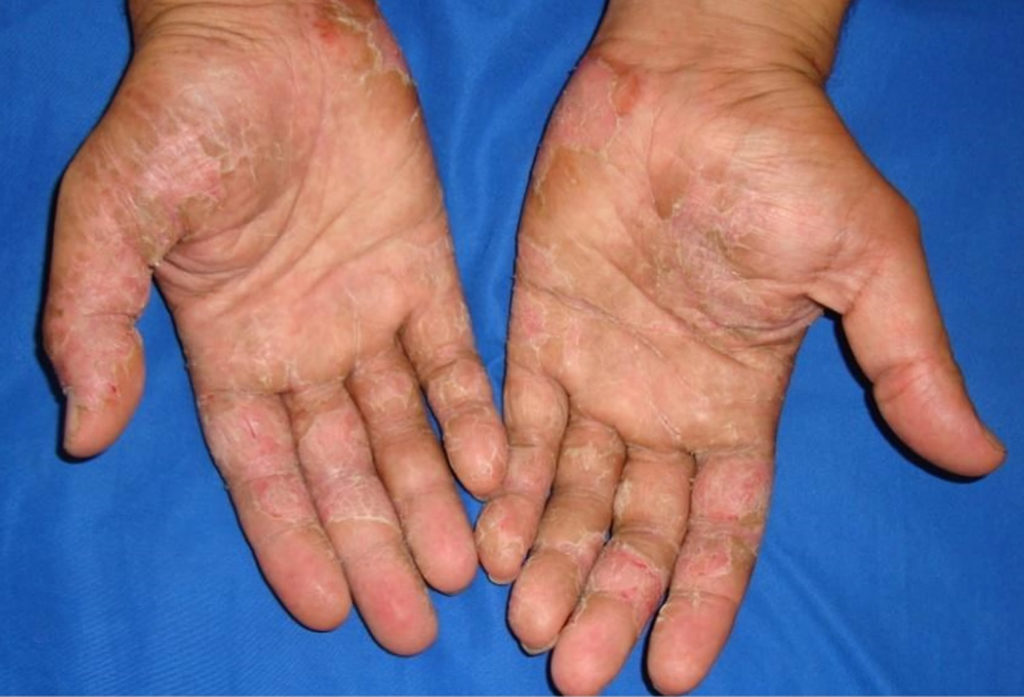

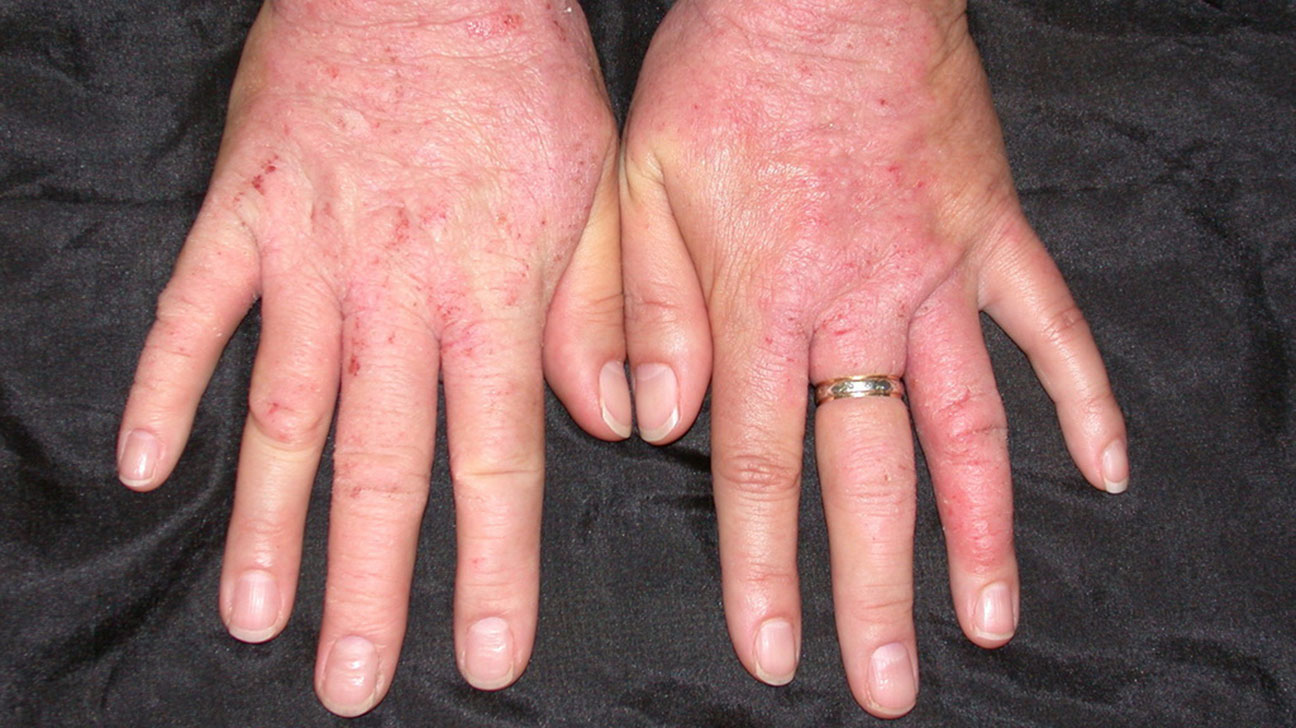

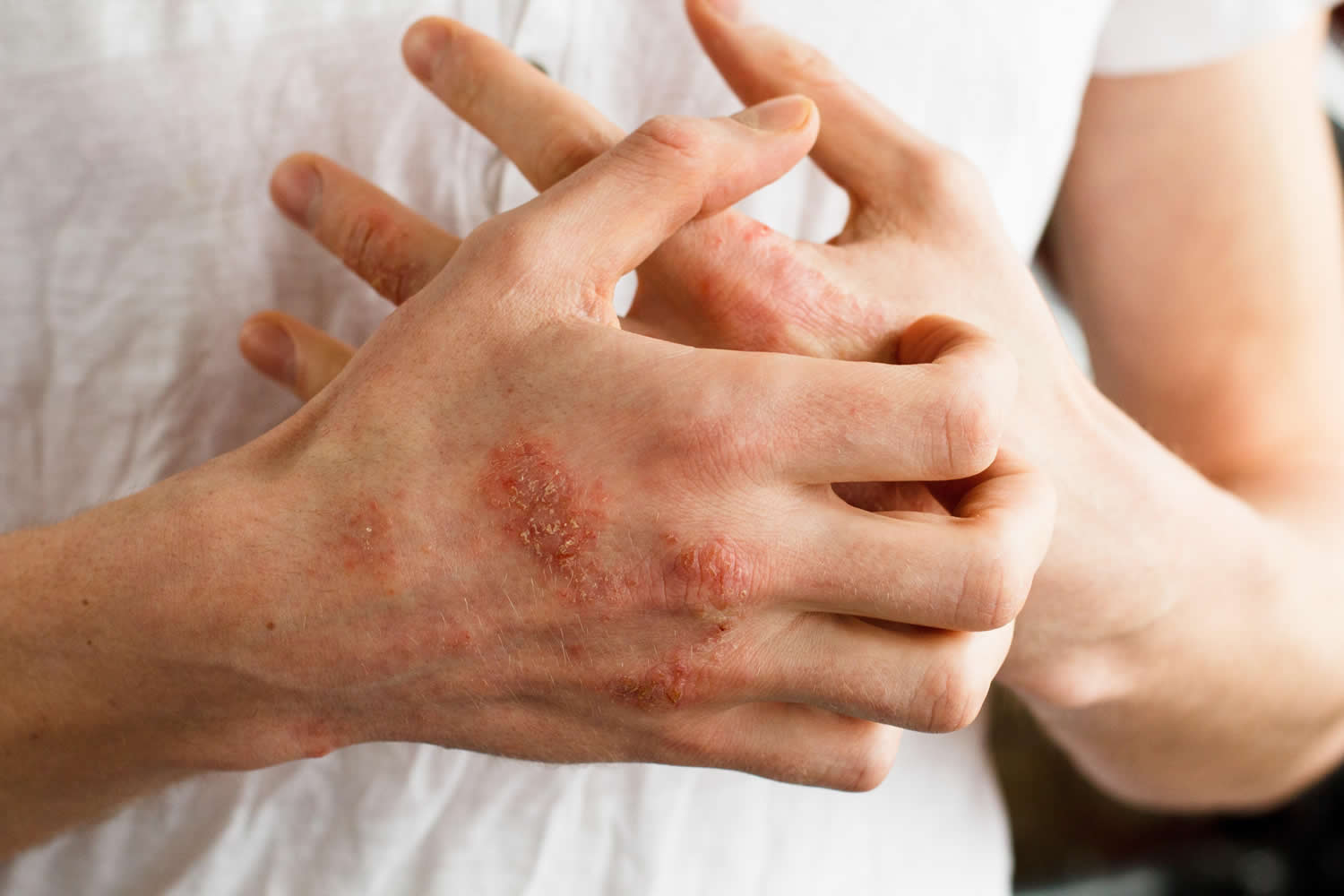
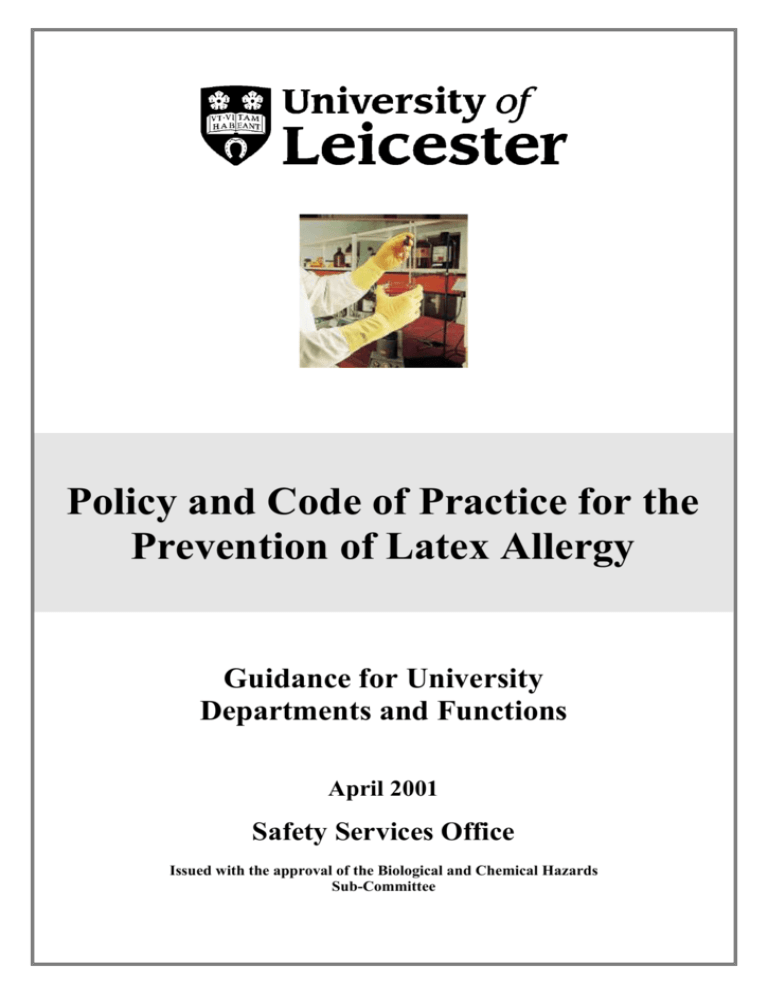
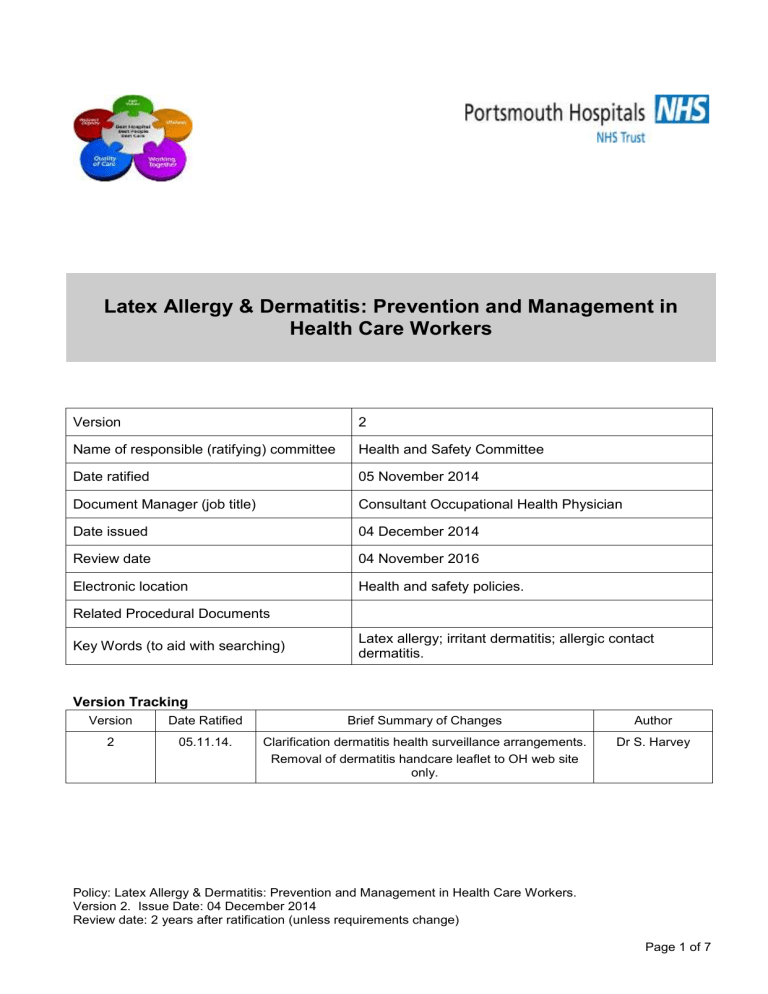








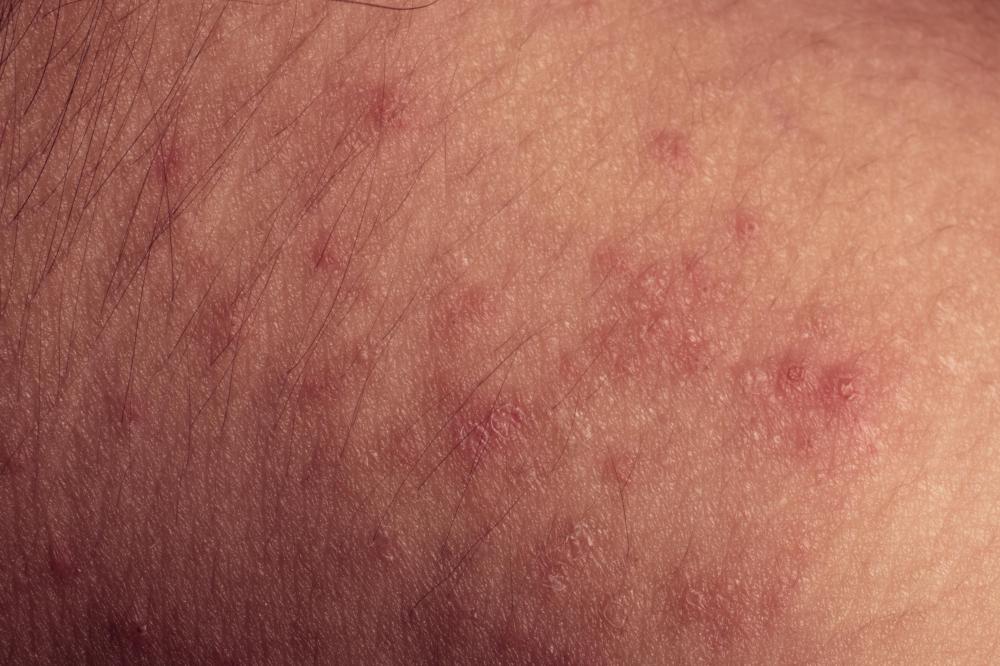

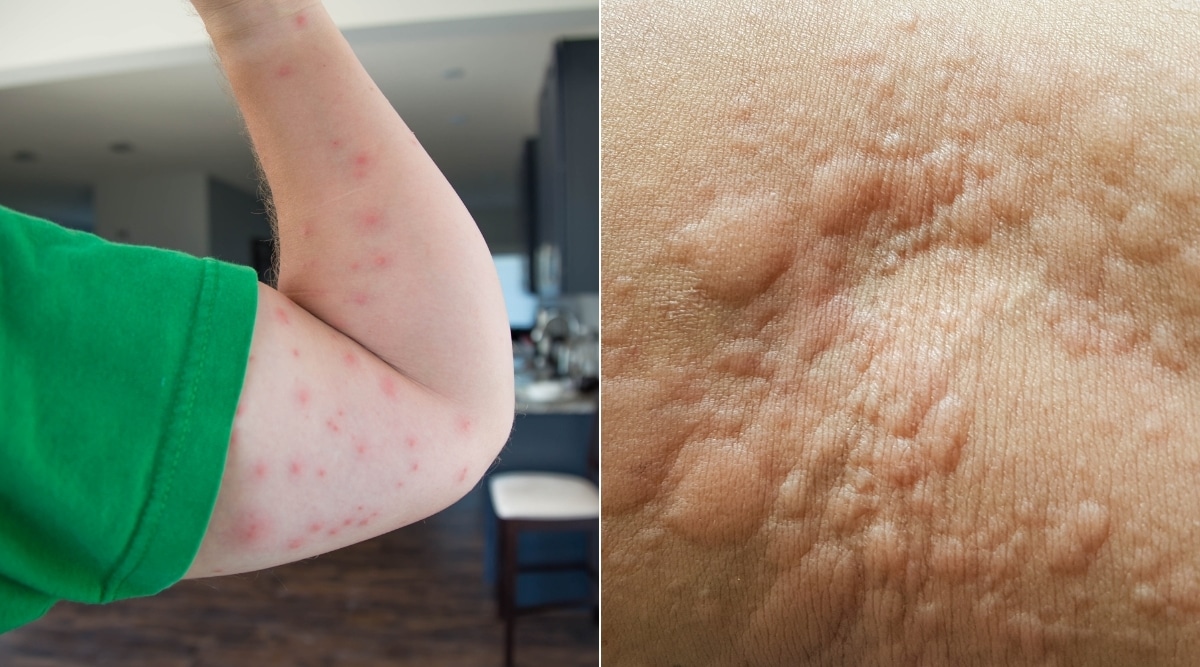


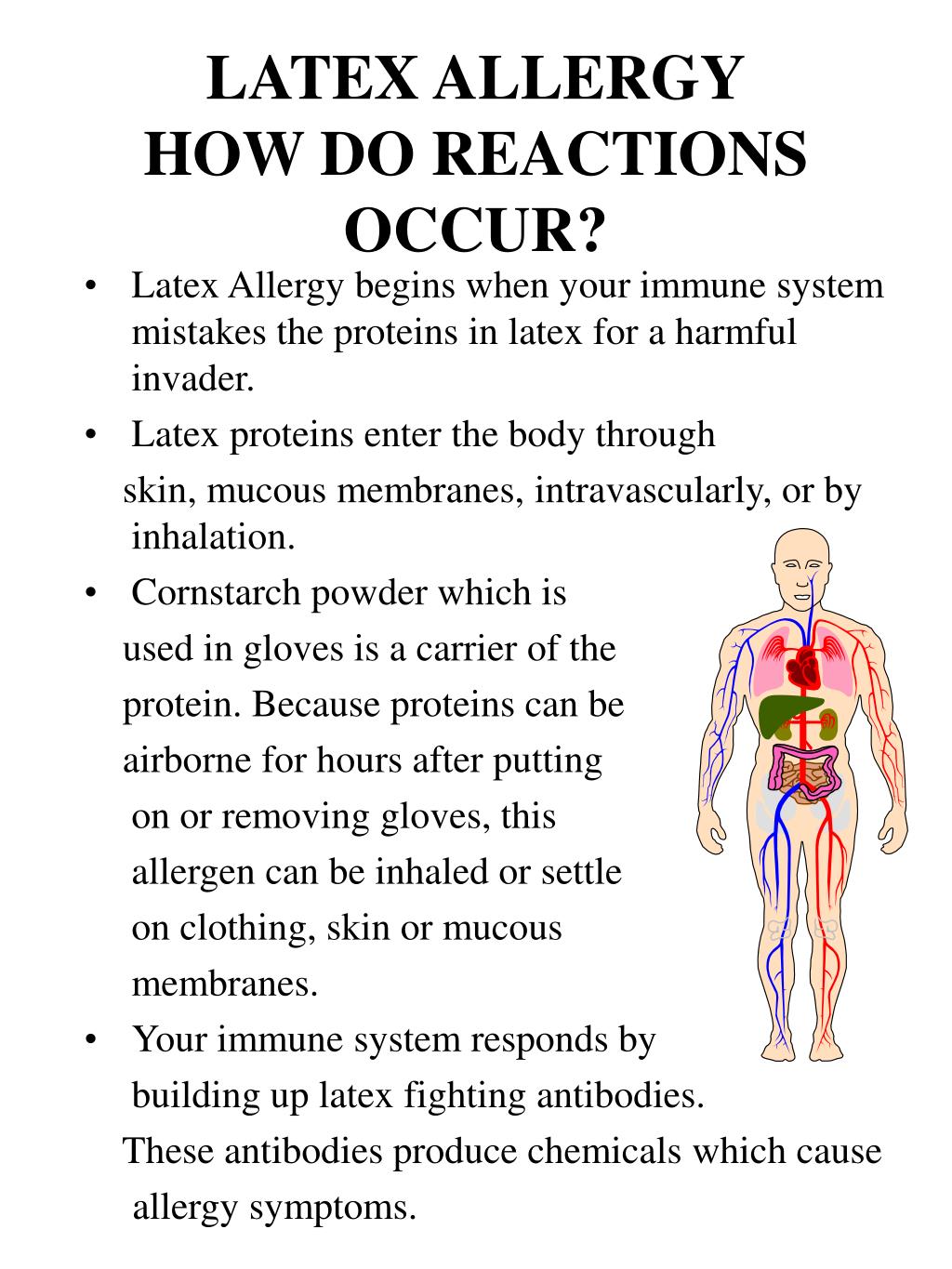
_Final.jpg?MOD=AJPERES&CACHEID=ROOTWORKSPACE.Z18_6IH81240MO2M00A9420PHQ3004-05e77d52-2f4b-44c2-82d8-50bccf43cc29-nBxAgF6)
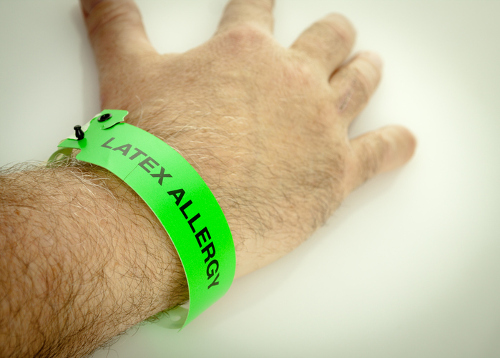



















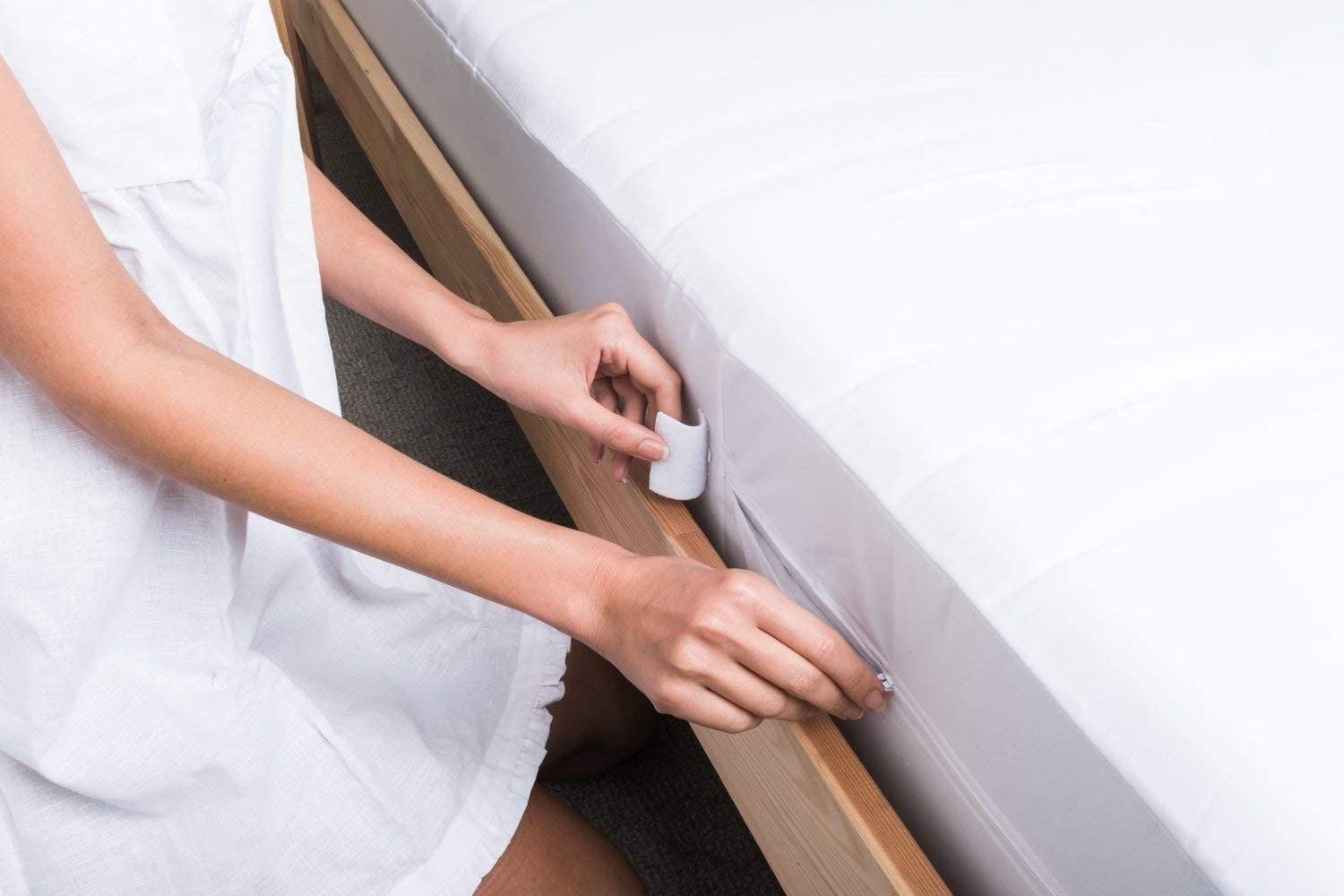

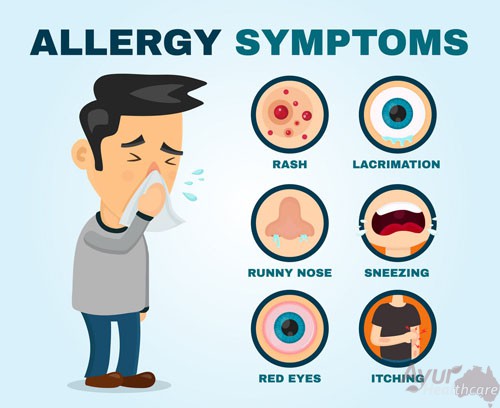


:max_bytes(150000):strip_icc()/_hero_4109254-feathertop-5c7d415346e0fb0001a5f085.jpg)
